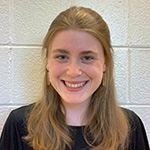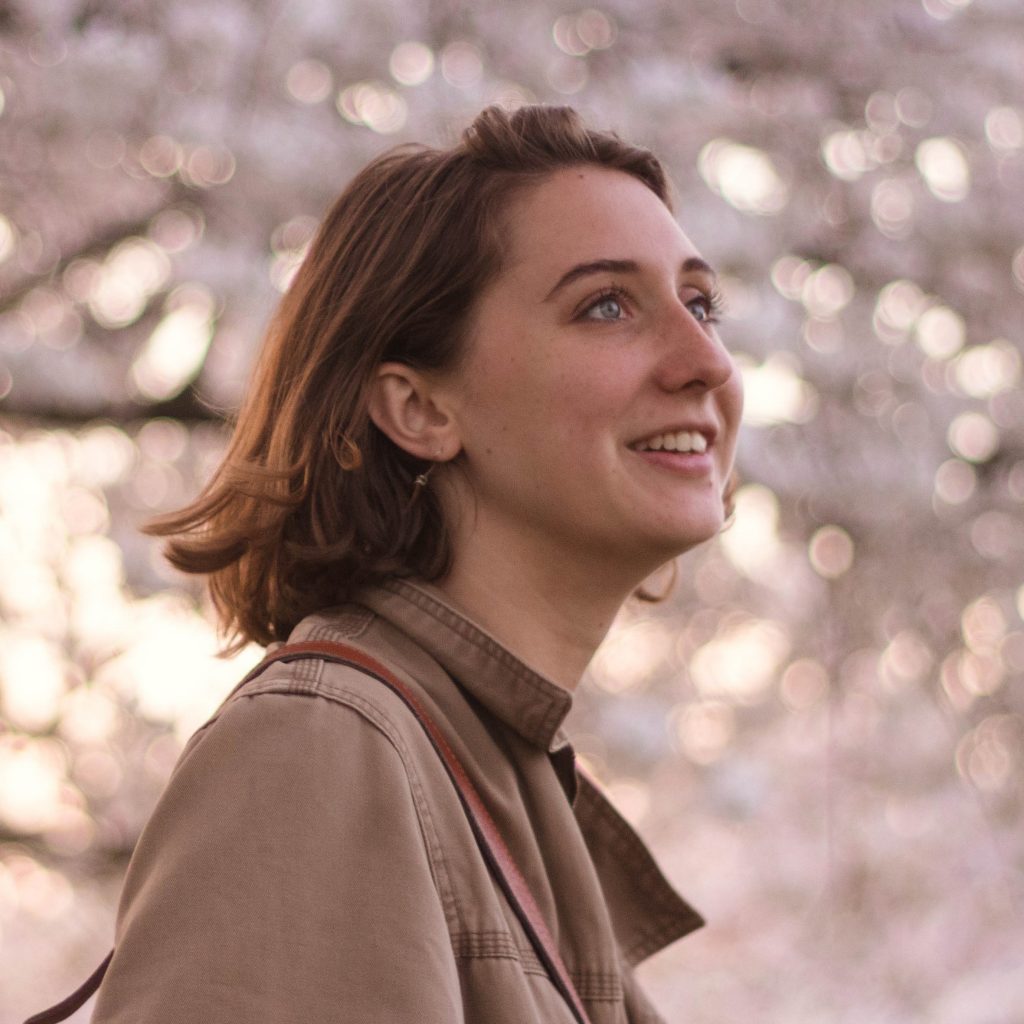In the digital age, we are well-acquainted with “data,” a crouton-esque word tossed into conversations, ingrained in the morning rush like half-caf cappuccinos and spreadsheets. Conceptually, data feels benign, necessary, and totally absorbed into the zeitgeist of the 21st century (alongside Survivor, smartphones, and Bitcoin). Data conjures up the census; white-coat scientists and their clinical trials; suits and ties; NGO board meetings; pearled strings of binary code; bar graphs, pie charts, scatter plots, pictographs, endless excel rows and columns, and more rows and more columns.
However, within the conversation of global health, researchers and laymen alike would more often than not describe data collection, use, and sharing as critical for resource mobilization, disease monitoring, surveillance prevention, treatment, etc. (Look at measles eradication! Polio! Malaria! Line graphs A, B, and C!)
Thanks to the internet, extracting health data is also faster, easier, and more widespread than ever . We have grown increasingly concerned, and rightfully so, about data ownership and data sovereignty.
Who is privy to data? Who can possess it? Can you possess it? As you can see, the conversation quickly becomes convoluted, philosophical even.
Dr. Wendy Prudhomme O’Meara, moderator of the Data as a Commodity seminar on Sept. 29 and associate professor at Duke University Medical School in the Division of Infectious Diseases, discussed bioethical complexities of data creation and ownership within global health partnerships.
“We can see that activities—where data is being collected in one place, removed from the context, and value being extracted from it for personal or financial benefit — has very strong parallels to the kind of resource extraction and exploitation that characterized colonization,” she said in her introductory remarks.
Data, like other raw materials (i.e. coffee, sugar, tobacco, etc.), can be extracted, often disproportionately, from lower-middle income countries (LMICs) at the expense of the local populations. This reinforces unequal power dynamics and harkens to the tenets of colonialism and imperialism.
This observation is exemplified by panelist Thiago Hernandes Rocha’s research which focuses on public policy evaluation and data mining. He acknowledges that global health research, in general, should prioritize the health improvements of the studied community rather than publications or grant funding. This may seem somewhat obvious to you; however, though academic competition often fosters nuances in the field, it also contributes to the commercialization of global health. Don’t be shy, everyone point your finger at Big Pharma!
Though Dr. Rocha’s data mining technique refers to “pattern-searching” and analysis of dense data sets, I find “mining” to be an apt analogy for the exploitative potential of data extraction and research partnerships between higher income countries and LMICs.
Consider the British diamond industry in Cape Colony, South Africa, and the parallels between past colonial mineral extraction and current global health data extraction. Imagine taking a pickaxe to the earth.
Now consider the environmental ramifications of mining, and who they disproportionately affect. Consider the lingering social and economic inequalities. Of course, data is not a mine of diamonds (as your Hay Day farm might suggest) nor is it ivory or rubber or timber. It’s less tangible (you can’t necessarily hold it or physically possess it) and, therefore, its extraction also feels less tangible, even though this process can have very concrete consequences.
Data as a power dynamic is a rather recent characterization in academic discourse. Researchers and companies alike have pushed the “open data” movement to increase data availability to all people for all uses. You can see how, in a utopian society, this would be fantastic. Think of the transparency! I’m sure you can also see how, in our non-utopian society, this can be exploited.
Dr. Bethany Hedt-Gauthier, a Harvard University biostatistician and seminar speaker, described herself as “pro ‘open data’ … in a world without power dynamics” — an amendment critical to understanding research as a commodity itself.
She justified her stance by referencing the systematic review of authorship in collaborative health research in Africa that she conducted in collaboration with others in the field. They found that even when sub-Saharan African populations were the main sites of study, when partnered with high-income, elite institutions (like Duke or Harvard), the African authors were significantly less likely to be first or senior authors despite the comparable number of academics on both sides of the partnership. To what can we attribute this discrepancy?
Dr. Hedt-Gauthier describes forms of capital that contribute to this issue, from cultural capital (i.e. credentials) to symbolic capital (i.e. legitimacy) to financial capital; however, she poses colonialism (and its continuity in socioeconomic and political power dynamics today) as the root of this incongruity from which the aforementioned forms of capital bud and flower like poisonous oleander. In recent years, institutions, including Duke, have increased efforts to “decolonize” global health to achieve greater equity, equal participation, and better health outcomes overall.
Dr. Hedt-Gauthier briefly chronicled some of her own research in Rwanda at the start of the COVID-19 pandemic. Within her research partnerships, she recollected slowing down, thoughtfully engaging in two-way dialogue, and posing questions like the following: “Who is involved [in the partnership]?” “Are all parties equally represented in paper authorship?” “If not, how can we share resources to ensure this?” “How can we assure that the people involved in the generation of data are also involved in the interpretation of its results?” “Who has access to data?” “What does co-authorship look like?”
Investing time and energy into multi-country databases, funding collaborative research infrastructures, removing barriers within academia, and training researchers are just some of the methods proposed by the speakers to facilitate equitable partnerships, data sharing and use, and continued global health decolonization.
Dr. Osondu Ogbuoji, the final panelist, puts it best: “… We should ensure that the people in the room having the discussion about what values the data has should be as diverse as possible and ideally should have all the stakeholders. In our own research, sometimes we think we have an idea of what data to collect, but then we talk to the country partners and they have a totally different idea.”
Though the question of data ownership may feel lofty or intangible, though data legality is confusing, though you may feel yourself adrift in the debate of commodity and capital, the speakers have thrown you a buoy, grab on, and understand that generally:
It is necessary to engage with “data” in a communicative and critical manner; it is necessary to build research partnerships that are synergistic and reciprocal; and, finally, it is necessary to approach global health via these partnerships to advance the field towards greater equity.

Post by Alex Clifford, Class of 2024
Watch the recorded seminar here: https://www.youtube.com/watch?v=wRmFzif8a1c










